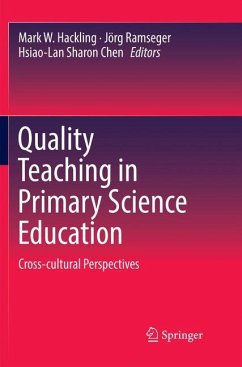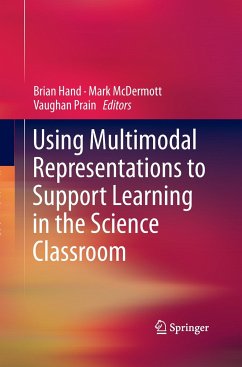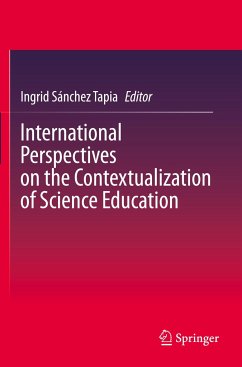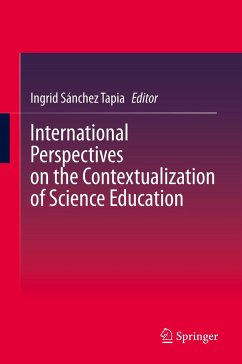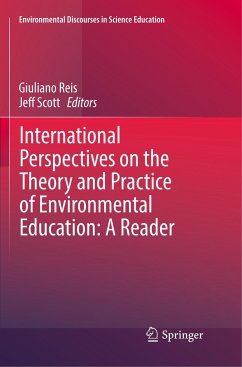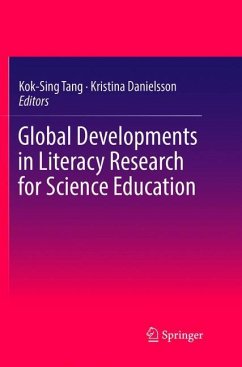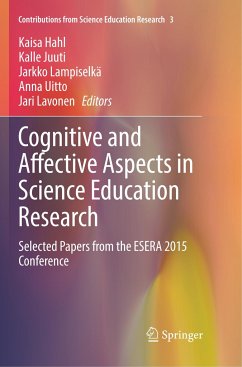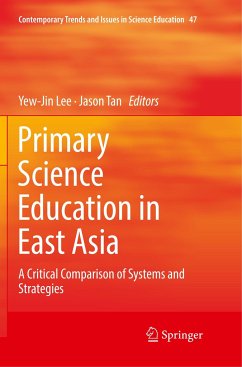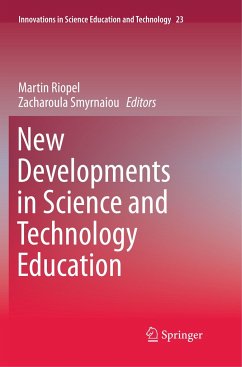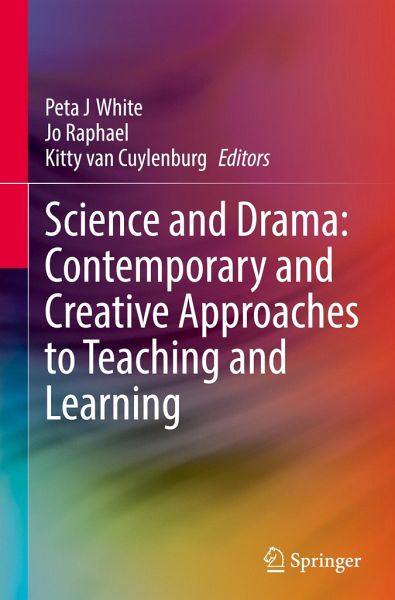
Science and Drama: Contemporary and Creative Approaches to Teaching and Learning

PAYBACK Punkte
57 °P sammeln!
This edited volume presents interdisciplinary and transdisciplinary approaches to drama and science in education. Drawing on a solid basis of research, it offers theoretical backgrounds, showcases rich examples, and provides evidence of improved student learning and engagement. The chapters explore various connections between drama and science, including: students' ability to engage with science through drama; dramatising STEM; mutuality and inter-relativity in drama and science; dramatic play-based outdoor activities; and creating embodied, aesthetic and affective learning experiences. The bo...
This edited volume presents interdisciplinary and transdisciplinary approaches to drama and science in education. Drawing on a solid basis of research, it offers theoretical backgrounds, showcases rich examples, and provides evidence of improved student learning and engagement. The chapters explore various connections between drama and science, including: students' ability to engage with science through drama; dramatising STEM; mutuality and inter-relativity in drama and science; dramatic play-based outdoor activities; and creating embodied, aesthetic and affective learning experiences. The book illustrates how drama education draws upon contemporary issues and their complexity, intertwining with science education in promoting scientific literacy, creativity, and empathetic understandings needed to interpret and respond to the many challenges of our times. Findings throughout the bookdemonstrate how lessons learned from drama and science education can remain discrete yet whenbrought together, contribute to deeper, more engaged and transformative student learning.




